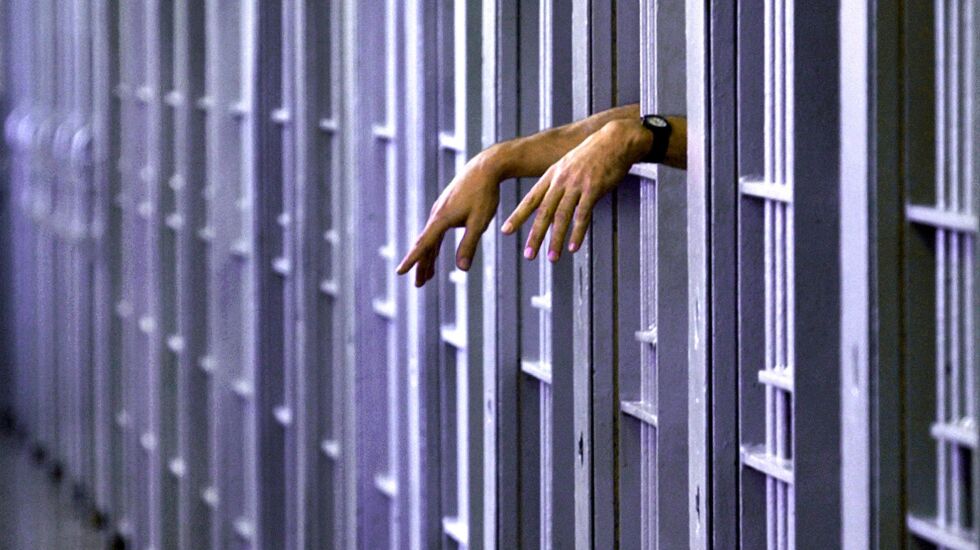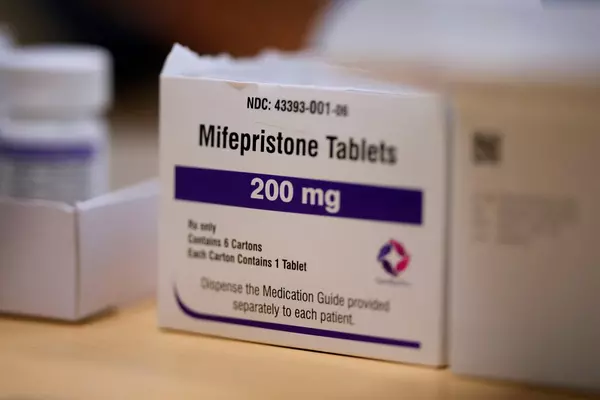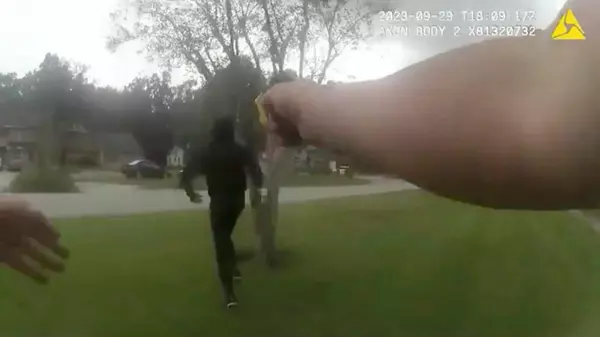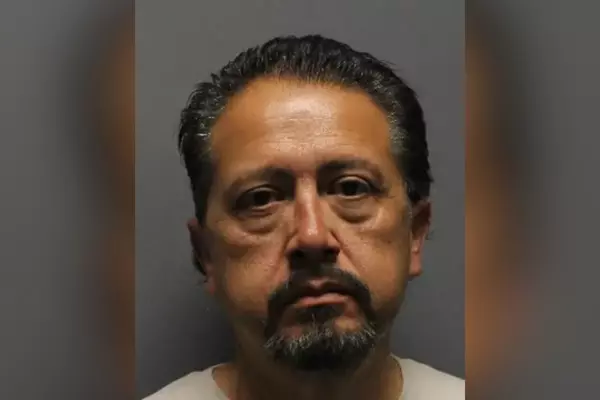
Eddie Durell had a warning that could have saved Larry Earvin’s life.
Durell worked in internal affairs at Western Illinois Correctional Center in 2017 when an incarcerated man there complained of abuse by guards. Roger Latimer said he was beaten in a small vestibule at the prison where there were no cameras. Durell was supposed to investigate the claim, but he never completed the investigation. Prison documents obtained by WBEZ show Durell explained that he was working on other cases and was “overwhelmed.”
Less than a year after Latimer raised concerns, guards took a 65-year old man named Larry Earvin to that same vestibule and beat him. Earvin died. Three guards are now facing prison sentences for the killing, including one of the same guards Latimer accused of beating him.
There were lots of indications that investigators should have picked up on. Latimer’s case was just one of nine instances WBEZ identified where an incarcerated person accused guards, including some of the same ones involved in Earvin’s death, of beating them in a blind spot at Western.
Illinois correctional officers, like Durell, are tasked with investigating misconduct and play an essential role in staff discipline. But a yearslong WBEZ investigation has repeatedly shown egregious failures to discipline or fire guards. And now, a state investigation has found the department of corrections has for years mismanaged the selection of some investigators tasked with rooting out misconduct.
A report from the Office of the Executive Inspector General (OEIG), found some positions in investigations and intelligence are vulnerable to favoritism and patronage. Instead of going through a formal hiring process, those positions were informally “assigned.” The OEIG reported that IDOC did “not follow appropriate hiring protocols and policies,” in filling investigator positions and that some of the positions can be “easily manipulated to favor those who are not the most qualified.”
The state’s independent prison watchdog says the report raises serious concerns about the investigators’ ability to do their jobs effectively.
“If they’re not selecting people based on criteria that focuses on their integrity, qualifications and ability to be objective but instead relying on a system of patronage, that doesn’t bode well for fair and full investigations,” Jenny Vollen-Katz, the Executive Director of the John Howard Association, said.
IDOC officials said they would make changes in response to the report but Vollen-Katz said as long as the department is investigating itself there will be problems.
Little accountability for prison guards
The department of corrections has had long standing issues with how it addresses misconduct and abuse. For example, in 2019 investigators and state police looked into a high ranking officer at Pontiac Correctional Center named Susan Prentice. According to prison documents, Prentice lied on a report and said a prisoner threw urine on her, even though she knew it was water. In the email Prentice said she lied because it would lead to a more severe punishment. Another officer, Andrew Edwards, told investigators that on one occasion Prentice had instructed him to bite her, so it would look like she’d been attacked by an incarcerated man which could act as a justification for beating him. The two said they never carried out that plan.
But prior to those findings, there were many complaints about Prentice and the officers who worked under her, violently retaliating against men in prison. In late 2017, the internal affairs officer, tasked with investigating such allegations, closed dozens of cases without resolving them— including three involving Prentice. According to department records, the only reason he gave for closing those investigations was that it ”took place during the previous Internal Affairs Supervisor leadership.”
Prentice remained on the job until she retired in 2021.
Need for independent oversight or ‘A different level of concern’
In letters to the OEIG, corrections officials said they would make changes based on the report, including developing official criteria for the position and performing regular evaluations. And in a statement, IDOC said that staff assigned to the positions will go through an interview process and get specialized training before being placed on the job.
But Vollen-Katz said the OEIG’s report about internal affairs positions shows how important it is for prisons to submit to outside, independent oversight. “We’re asking the agency to investigate itself. And that can be problematic, frankly, for any agency. But I think when you’re dealing with one that’s incredibly opaque, it sort of rises to a different level of concern,” Vollen-Katz said.
The John Howard Association has spent years arguing that there should be an independent state agency tasked with investigating prison abuse and misconduct.
To make that kind of system effective, advocates say, any oversight body would need autonomy, enforcement capabilities and the power to share information with the public. Other states, like New Jersey and Washington, already have a corrections ombudsperson, an independent office that can rule on disputes within the department of corrections. A bill that would create an ombudsperson for the Illinois Department of Corrections was proposed in 2021 but has not become law.
Roger Latimer, the man who said he was beaten at Western Illinois Correctional Center before Larry Earvin was beaten to death, believes that right now, prison staff can hurt people without consequence.
“Those officers thought … ‘We can completely get away with this. We can drag someone down the sidewalk and kick him in the ribs and there’s no consequences.’ And because they were able to do that with me, they felt secure in their decision to be able to do that to other people, like Larry Earvin,” Latimer said.







